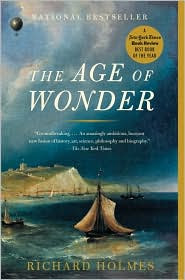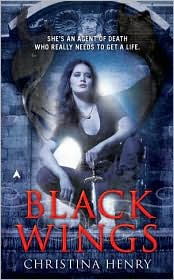 Libby Fischer Hellmann's crime fiction thrillers include An Eye For Murder, A Picture Of Guilt, An Image Of Death, A Shot To Die For, Easy Innocence, Doubleback, and the recently released Set the Night on Fire.
Libby Fischer Hellmann's crime fiction thrillers include An Eye For Murder, A Picture Of Guilt, An Image Of Death, A Shot To Die For, Easy Innocence, Doubleback, and the recently released Set the Night on Fire.Earlier this month I asked her what she was reading. Her reply:
I just finished reading for the Mary Higgins Clark award, which is given out during “Edgars” week in New York. The submissions are supposed to be in the Mary Higgins Clark tradition, namely suspense novels with a female protagonist who is “just doing what she’s supposed to be doing” when extraordinary events befall her.Watch the video trailer for Set the Night on Fire, and visit Libby Fischer Hellmann's website and group blog, The Outfit.
Given that I’ve read over 100 of them recently, you won’t be surprised that my personal reading has veered in a different direction.
I’m currently reading a nonfiction book called Broker, Trader, Lawyer, Spy by journalist Eamon Javers. This is a fascinating study of the private intelligence industry, its history, and its reach. I’m bowled over by the explosive growth of this sector in the past ten years. I fully expect most corporations now have a line item in their budgets for intelligence activities, although they probably label it “Security.”
I’m also reading The Heights by Peter Hedges. Not a mystery, but a beautifully wrought novel about a couple in Brooklyn Heights, and the changes that occur when the wife goes back to work. In reading it I’m seeing once again the difference between genre novels and more “literary” works. There’s a wealth of detail here, all of it rich and evocative. Still, I know my thriller editors would tell me to be more concise and “get on with it.”
Which, I should note, is not a value judgment. Just observing the differences.
My Book, The Movie: A Shot To Die For.
The Page 69 Test: Easy Innocence.
My Book, The Movie: Easy Innocence.
The Page 69 Test and the Page 99 Test: Doubleback.
My Book, The Movie: Set the Night on Fire.
--Marshal Zeringue



















































